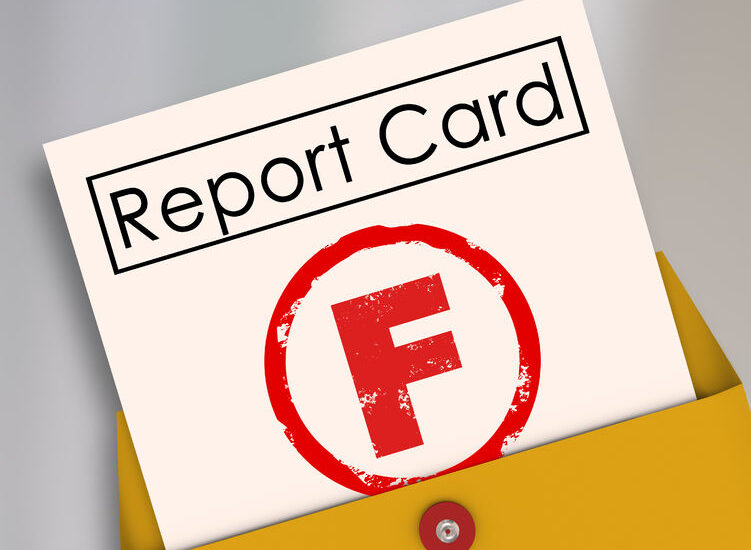HubSpot
-
Why So Many Sales Managers are So Bad
- July 25, 2016
- Posted by: Kurlan & Associates, Inc.
- Category: Understanding the Sales Force

I see bad ones everywhere I look. They are not usually bad people and they might not have been bad salespeople, but they are usually so ineffective in their role as sales managers. We will discuss some of the reasons and share an example next!
-
Can Free Sales Content Send You Down a Dangerous Path?
- May 2, 2016
- Posted by: Dave Kurlan
- Category: Understanding the Sales Force

I downloaded a Sales Process Cheat Sheet which promised a standardized playbook and a simple, easy-to-follow sales methodology to help managers coach their inside sales reps into following a proven, standardized process from discovery to close. Was there value? It was a joint promotion from Hubspot and InsideSales.com. – maybe you received the same offer in your inbox. Was it any good? Was it a process? Was it a playbook? Was it a methodology?
-
Must Read – This Email Proves How Poorly the Bottom 74% of Salespeople Perform
- February 17, 2016
- Posted by: Dave Kurlan
- Category: Understanding the Sales Force

Ken is one of my longtime readers, a former client, and last week he sent this note expressing his frustrations as a buyer of services. I’ll add my comments and conclusions at the end of his note.
-
An Ode to the Evolution of the Pipeline
- July 13, 2015
- Posted by: Dave Kurlan
- Category: Understanding the Sales Force

Selling – the art and science of getting people who didn’t necessarily want what you have, to pay you a premium for it. Before you can sell anything, you must have some people to sell it to! Fill the pipeline today!
-
Top 10 Reasons Why Inbound Cannot Replace Sales
- August 15, 2014
- Posted by: Dave Kurlan
- Category: Understanding the Sales Force
Well, it’s really happened now.
I was following a discussion in the Hubspot VAR Group on LinkedIn, where the question posed to the group was whether or not the first sales hire should be a sales or a marketing person.
-
Does Efficiency or DNA Help to Increase Sales?
- July 24, 2014
- Posted by: Dave Kurlan
- Category: Understanding the Sales Force

The Salesforce Blog published a new article of mine today – Read How to Create Perfect Sales Conditions. It’s really an article about how to use tools and efficiency to increase your focus and sales. Speaking of efficiency, Kyle Dougherty, from Prialto, sent me this very cool video today. Talk about a tool that helps you to be efficient!
-
Consultative Selling, Commitment and Training – Like Oil & Water
- March 14, 2014
- Posted by: Dave Kurlan
- Category: Understanding the Sales Force
We recently evaluated a sales force where the salespeople had, on average, only 18% of the attributes of a consultative seller.
“How could that be?”, asked the Director of Sales. “Achieve Global has come in 3 times in 3 years to teach consultative selling!”
That could be the punchline, but it’s not.
So, why didn’t the training on consultative selling stick? There are reasons aplenty!
-
What Does it Take to Become a Sales Manager?
- January 24, 2014
- Posted by: Dave Kurlan
- Category: Understanding the Sales Force
After his football career ended, Chatham went back to school and received an MBA from Babson in 2011. With that in hand, he said that he would prefer a front office job and wishes to become a GM. On the other hand, Fouria said that he would love to coach, but…
There were a lot of buts:
-
Can You Improve a Kick-Ass Sales Force?
- September 11, 2013
- Posted by: Dave Kurlan
- Category: Understanding the Sales Force
If you are reading this, and your company matches up with any one of my criteria for underdogs, then you couldn’t possibly get away with what Hubspot can get away with. You must have strong hunters who are adept at overcoming resistance, can differentiate by selling consultatively, and ask the kinds of questions that develop respect, allowing prospects to open their mind to the possibility that you can help.
-
Aligning and Optimizing Sales and Marketing to Increase Conversions
- May 12, 2010
- Posted by: Dave Kurlan
- Category: Understanding the Sales Force
Do you ever wonder how web pages help (or hinder) the sales effort? I do.
When salespeople follow up on leads their success has a great deal to do with the quality and freshness of the leads. When they fail they blame marketing for generating lousy leads!
On the other side of the coin, marketing looks at the NUMBER of leads generated for the sales force and how many of them convert to opportunities and business. When the salespeople are ineffective at converting, marketing blames it on the sales force.
When sales and marketing are aligned and optimized (lead emphasis on quality and sales emphasis on process), sales increase dramatically.

